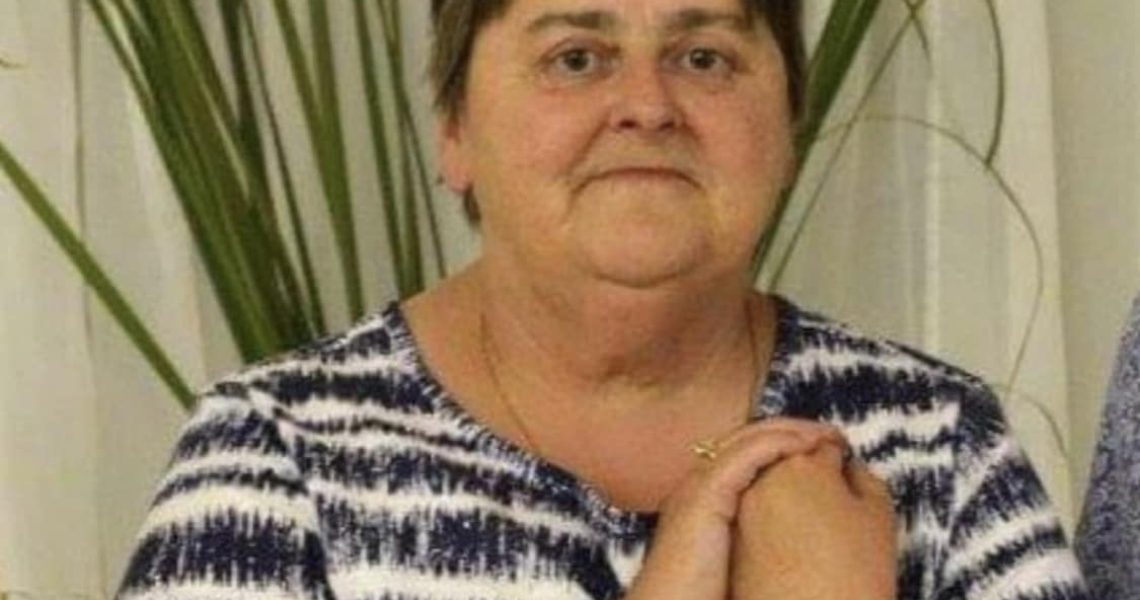[posted on Facebook on January 28]
“If you can alleviate the fear of a child just by your presence or your caring and comforting, that’s a job done right there…It’s the most rewarding job that I think anyone could choose. When you can make a difference and help somebody, whether it be minute or major. It’s rewarding. You don’t have to have a thank you, you just walk away and say, ‘A job well done.” Martha’s voice, taken from an interview with Loren McGinnis upon her retirement a few years ago, starts off both of these interviews.
Here’s the link to the interview with Mark Winkler on the Trailbreaker
https://www.cbc.ca/player/play/2164894275822
And the one from As It Happens–it starts at 10:44
https://www.cbc.ca/listen/live-radio/1-2/clip/15962872
I was markedly more nervous for those interviews then I usually am–this is a woman whose legacy deserves a heartfelt story told with a glint in one’s eye. I teared up both times, grateful to hear her voice, and struck by her words. I sat beside her for many, many shifts, but never asked what kept her going–it’s not the kind of conversation we often have in the ER. There’s always someone with chest pain who needs to be assessed, or a consultant to be called, or a family member to track down. And yet I witnessed the outcomes of her philosophy of care–the patients who asked for her by name, the peals of laughter that would ring out after a one-liner, the tears in her eyes when she would come back to the desk after having been with people at a difficult moment.
I had wondered how she managed to stay so present with patients, even thirty-eight years into a career. She was witness to the full scope of human trauma and tragedy, and yet her heart remained open. I can’t remember ever seeing her be half-there for a patient–if she told someone to skedaddle it was done with robust humour. This is hard to do shift after shift, in the midst of inefficient systems. We all have days (for me it is usually shift 4 of our 6-shift blocks) where we don’t consistently muster the energy to bring our whole selves to a patient interaction. And there is precious little incentive in the system to do so–every minute with someone is one minute less with a person in the waiting room who could be sick.
So it mattered to me to get this window into the way Martha spoke to herself as she worked. At the end of the day–we are the only ones who are witness to our every interaction, so that internal voice matters. Over and over, I have found that if I do manage to wrench my attention away from the ultrasound that needs to be ordered in the next fifteen minutes before the tech goes home, to instead be properly present with the patient in front of me, to sit down, to look them in the eye, to listen without interrupting–the entire visit is vastly improved. They feel listened to and tell their story more intuitively and fully, which gives you a higher degree of mutual trust and more precise and varied data points to consider as you piece together your differential diagnosis. This progresses to a truer partnership as you embark upon tests and relay the plan, and a good feeling as you wave goodbye. This carries you into the next room, where it’s easier to then sit down with a buffer of energy to begin well with the next patient.
I think personally, too often when I’ve actually done a good job, I’ve left the feeling of flow of the patient interaction to abruptly remember the waiting room, and reproached myself as I rushed on. This doesn’t actually make me go any faster, and empties the energy bucket I need to keep going.
At this time of healthcare crisis, I wonder what would happen if, when we know we did manage to connect in compassionately with someone, we instead channeled Martha and walked away saying to ourselves, “that was a job well done.” And moreover–what if we said that to one another when we notice our colleagues treating people the way we would want our family members to be treated. The feedback we give to ourselves and to one another is free, and the story in our head is an important part of whether or not we do find our job rewarding.
And as we reimagine our healthcare systems, let’s make it easier rather than harder to have the type of impact Martha had. We all yearn to be known. Let’s make sure people have a medical home in primary care. Let’s give nurses and doctors the incentives they need to stay for a while in one place. Just as patients aren’t numbers in a list, healthcare providers aren’t interchangeable names to be plugged into a schedule to ensure coverage. The quality of our care starts with us, but in so many ways lies between us–in the layers of meaning and connection in relationships that develop over time.
I posted this a week ago, tearful, with Vivi’s arms around my neck. I have been utterly warmed by the number of people who contributed with a story about Martha, her humour, her compassion, her memory, her smarts, her service to the northern community. I am sending so much love to Kendra Codner, Paddy, and the whole Northern family as you gather today to remember Martha. I wish I could be there with you, and am so grateful for the warm, real northern community that the Codmother helped to foster. xoxo
—-
[posted on Facebook on January 21 2023]
A post to mark the passing of legendary #Yellowknife nurse Martha Codner.
She held the name and medical history of half of the territory in her head, and the community in her ![]() .
.
People would enter the ER and she’d watch them walk around the desk,”That’s (so and so)—his Mother had a heart arrhythmia when she was about the age he is now. He looks a bit short of breath. I wonder if he has Afib.” The “Cod Scan,” as the staff called it, was often right.
She could dial any floor in the hospital from memory and find anyone’s parents when a person needed help—whether through medical records, or Facebook, or a person she’d just run into in the hall.
She was absolutely hilarious. I wrote this into my phone one day:
At triage. Girl. Hysterical.”My legs are blue”
Martha “Get in here. Are those new jeans?”
“Yes.”
“It’s your jeans. Get out of here.”
(I have others but they’re too salty for Facebook ![]() )
)
Another friend often mentions the hug Martha gave her when she and her husband had just found out about his cancer. They tell us as medical trainees that when people come to the ER they are scared, and that makes them vulnerable. It is easy to be so preoccupied with tending to someone’s illness that you don’t care for the person who has it. Martha looked people in the eye, acknowledged tough stuff, and met it with connection, care and humour. The impact that approach makes over decades is huge—Martha was the kind of person who knits a community together.
Martha brightened so many of my ER shifts and contributed importantly at some tragic moments. I learned a ton from her and I will do my best to pay that learning forward. Thanks so much to incredible team member Hannah Shoichet for looping me into a video call so I could say goodbye and tell her myself. It’s tough to put into words how you feel about someone when you’ve done a difficult job side by side with them for a long time. There is an element of family to it, something holy.
Rest In Peace, Martha Codner—we love you.

